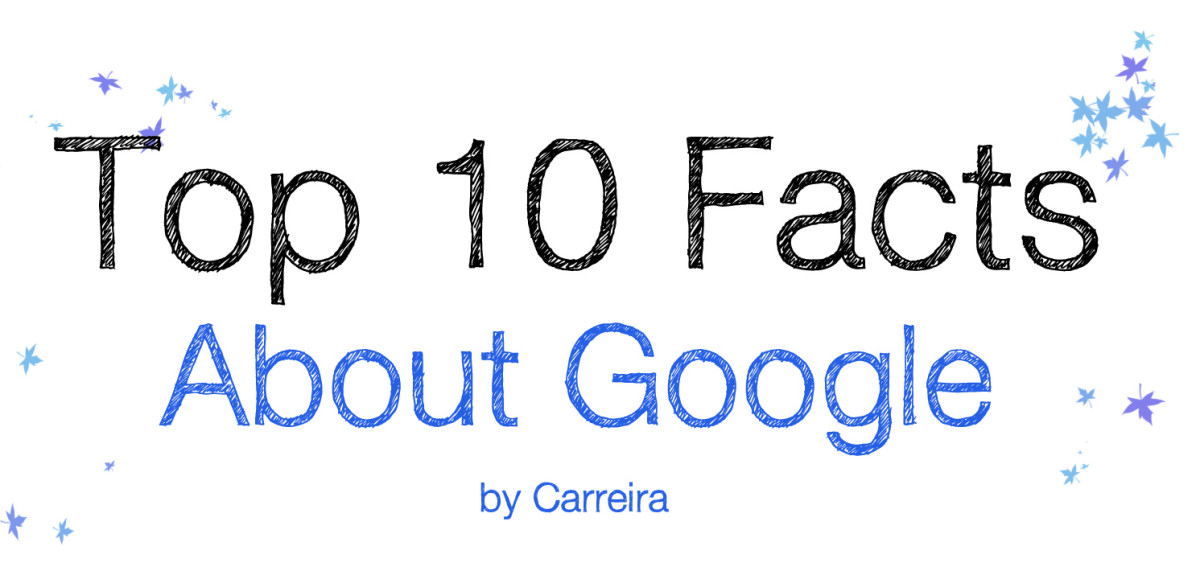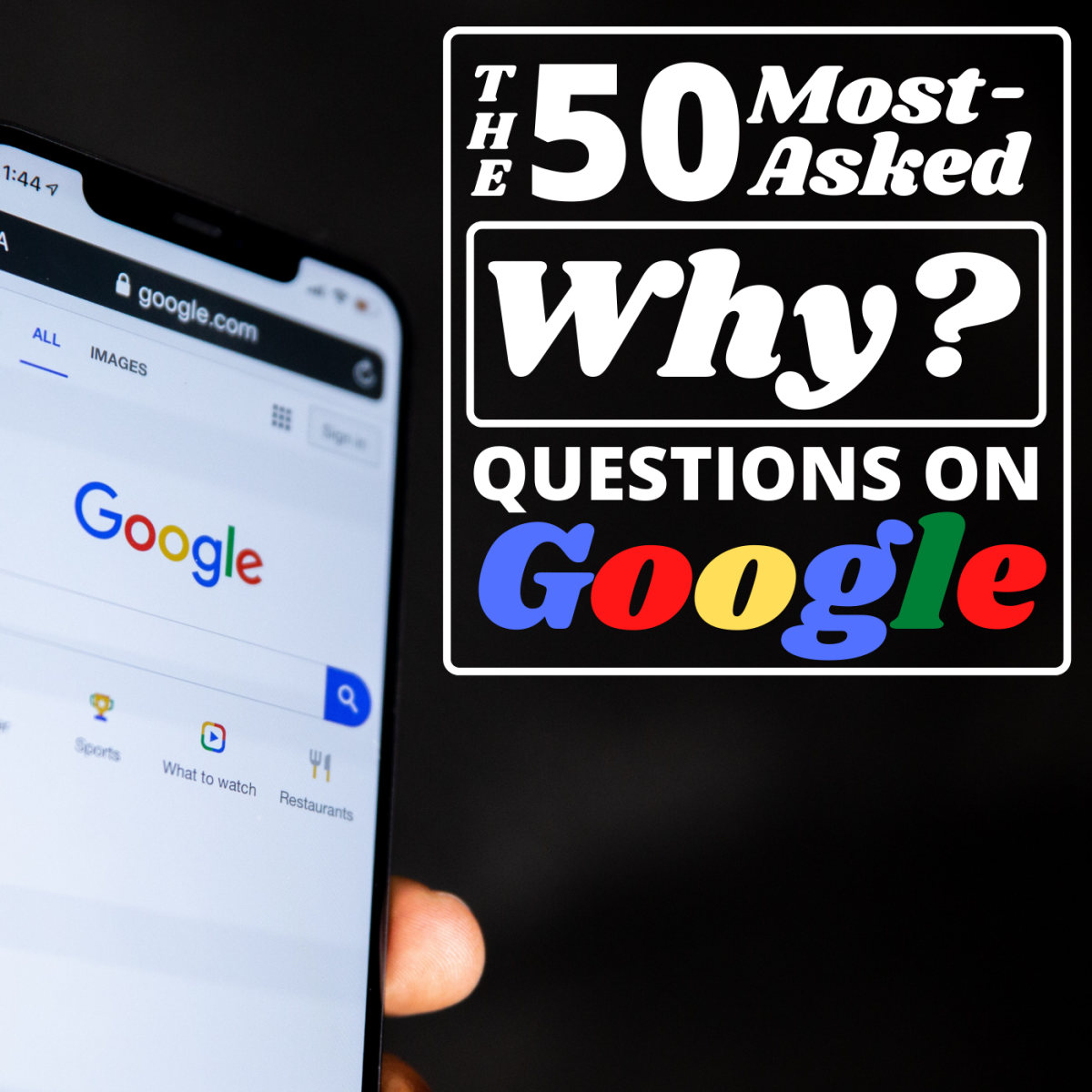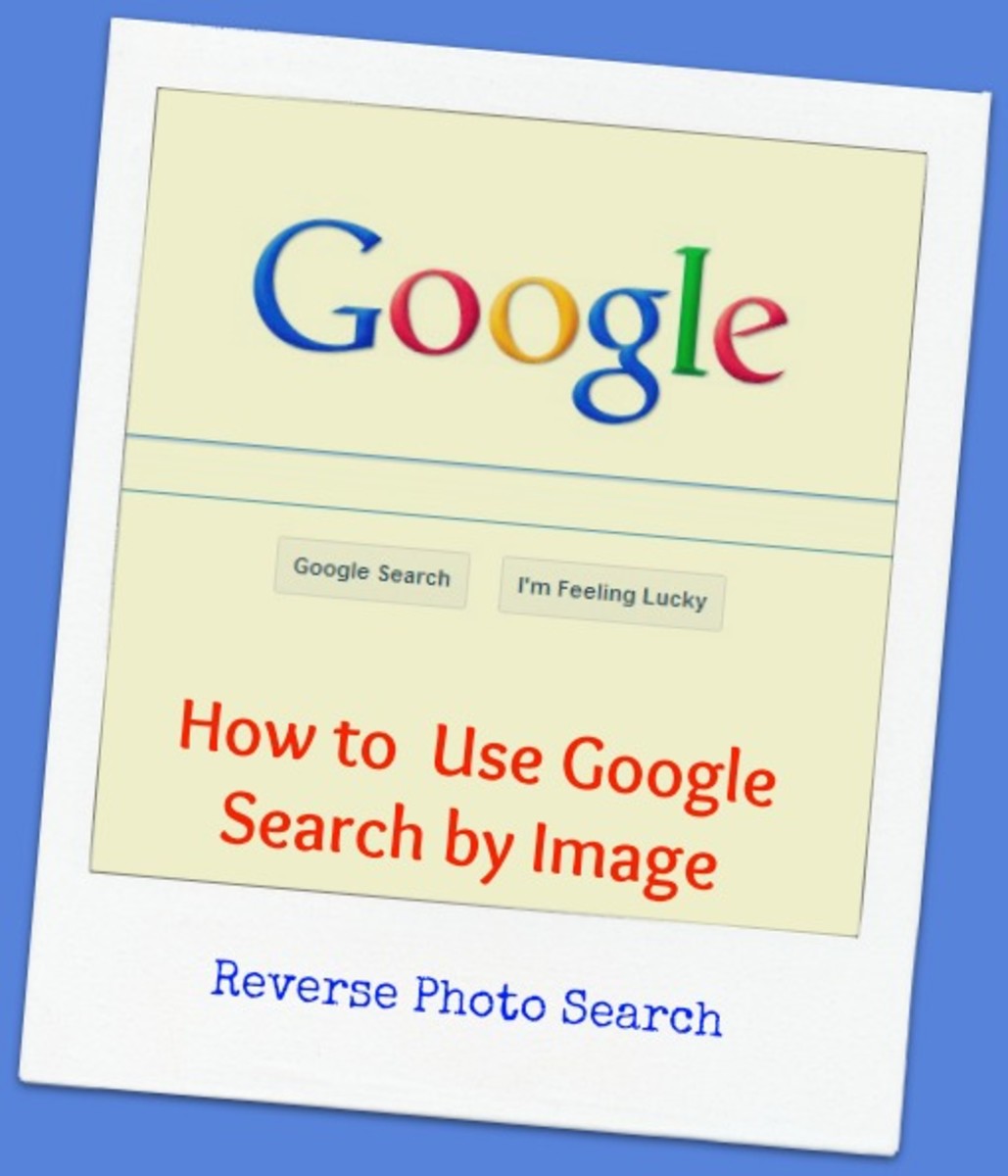Search Engine Friendly Titles – a Simple Way to Optimize your Articles and Blogposts
Probably one of the most important, if not the most important, factor in ranking well in search engines is a good, keyword rich title. I have discovered a simple way to add more keywords to the title, and at the same time, informing search engine users what your article, blogpost, hub or lens is really about. It is also a simple way to optimize the keyword density of your titles.
In the titles of your content, start adding subtitles by adding a hyphen (-) after the title, which should be a generic one. For example, if you have a geography article about, say the USA, your title should be made up of two sections: the generic key phrase, and followed by the niche key terms.
- Regarding the generic phrase, try to make it short, but recognizable. After all, you do not want your whole title to be way to long. In our example, use USA. People will know what USA stands for. Do not use the phrase US, peoples, as well as search engine spiders, may confuse it with the word us (you and me). Also, do not use “United States of America”, as it will make your whole article (together with the niche words, which will follow this generic phrase) way too long. If you use the word “America” it reflects North America (Canada and the US), so if USA is your topic, do not use the word “America” either. Furthermore, the word “Americas” refer to North America, Central America, and South America all together; that would be way too generic.
- After you have selected a good recognizable, yet short general keyword, it is now time to add your nice keywords. Make sure that the order of the key phrases in the title reflects the order of the sections in your article, post, etc. Of course, do not overdo it either. Add only up to four subtitles, or the search engines will consider it spam, which will have an opposite effect, your article will sink down in the search engine result pages (SERPs). Remember, search engines, especially Google, are all about providing useful, relevant results to their users. In our example you could say, for example, “- a Geography, History, Climate and Economy”.
So the whole title in our example would look like this:
USA – a Geography, History, Climate and Economy
Said all this, it must go without saying, that you should write, quality original content; a good title without a good, and useful article body is worth nothing.









